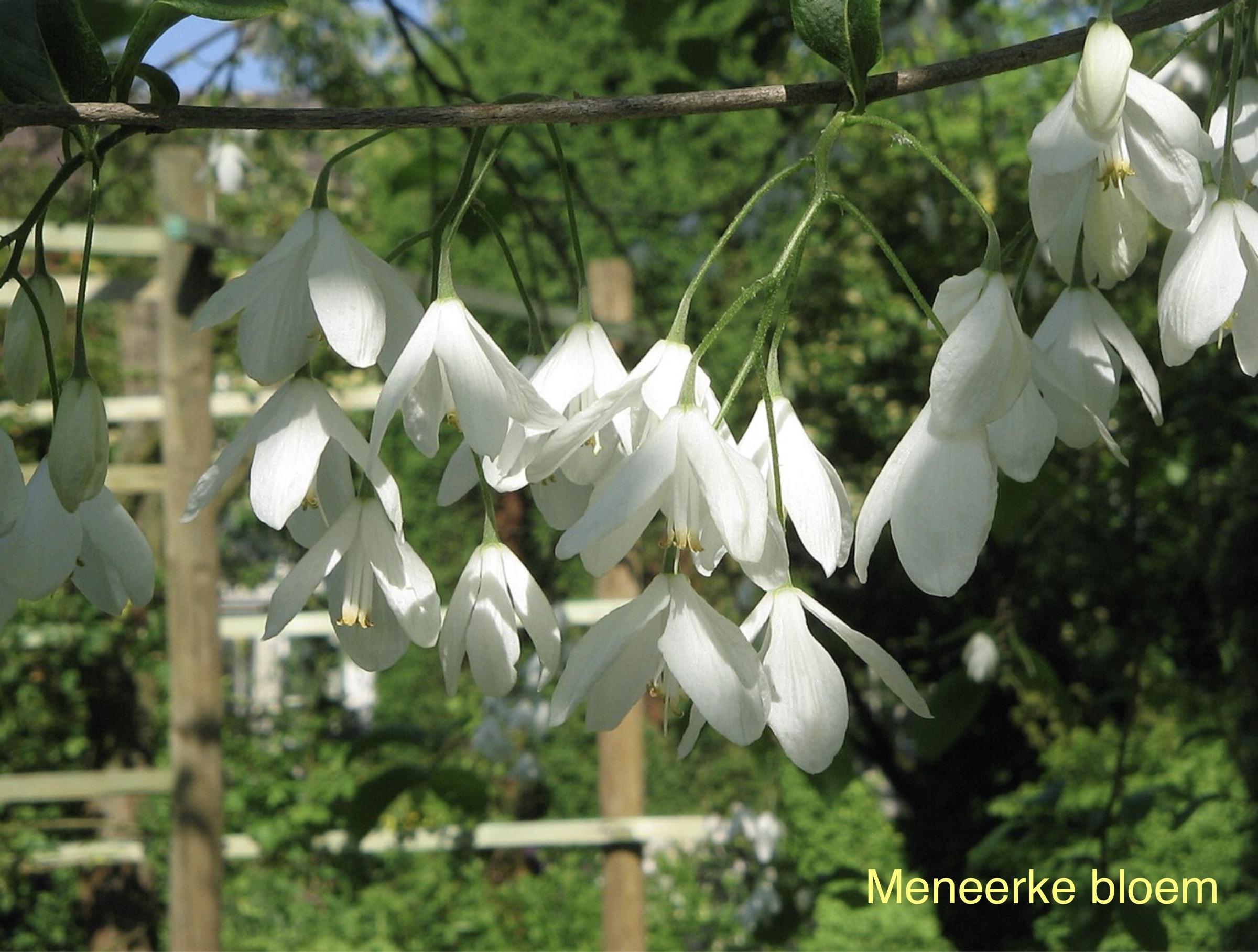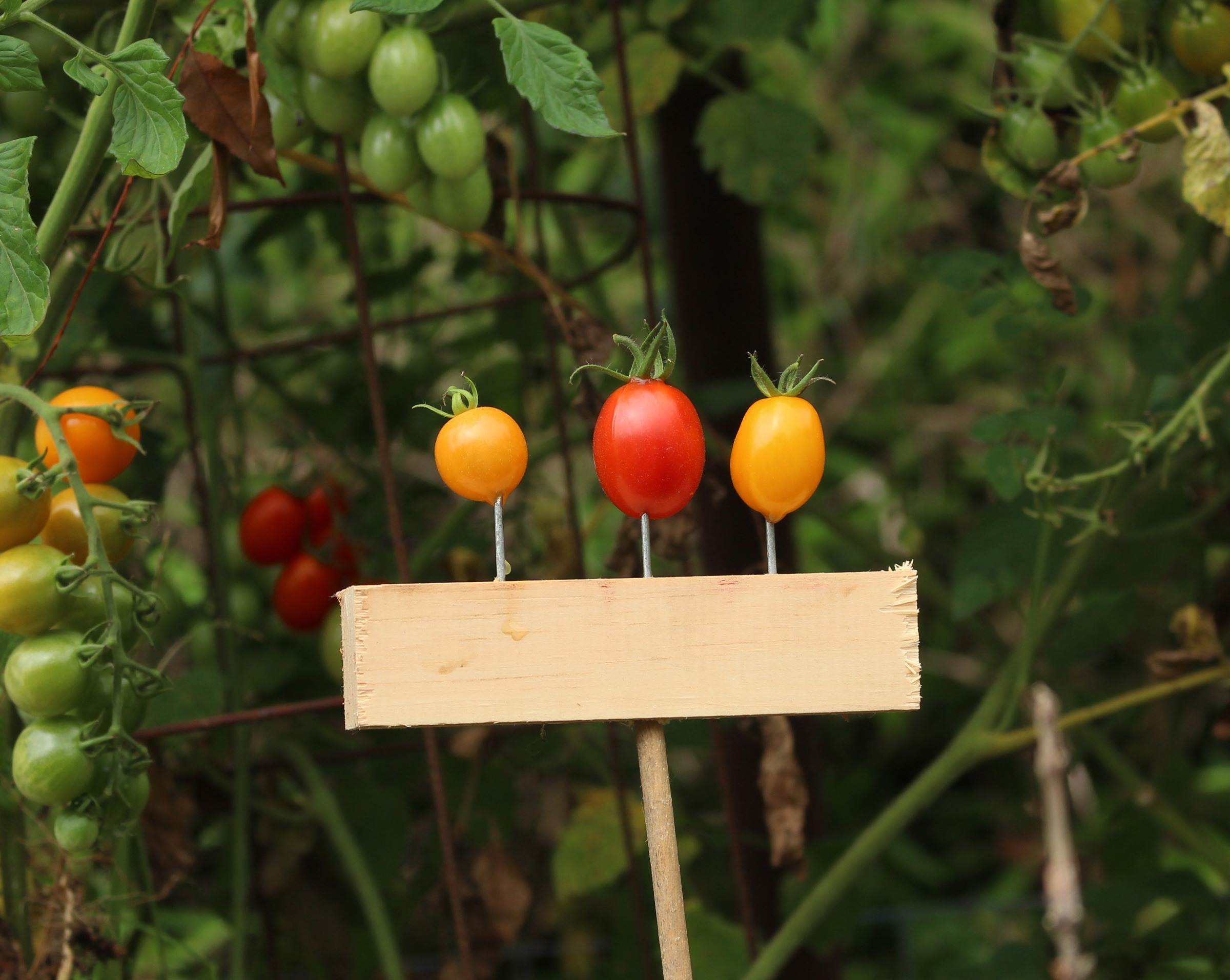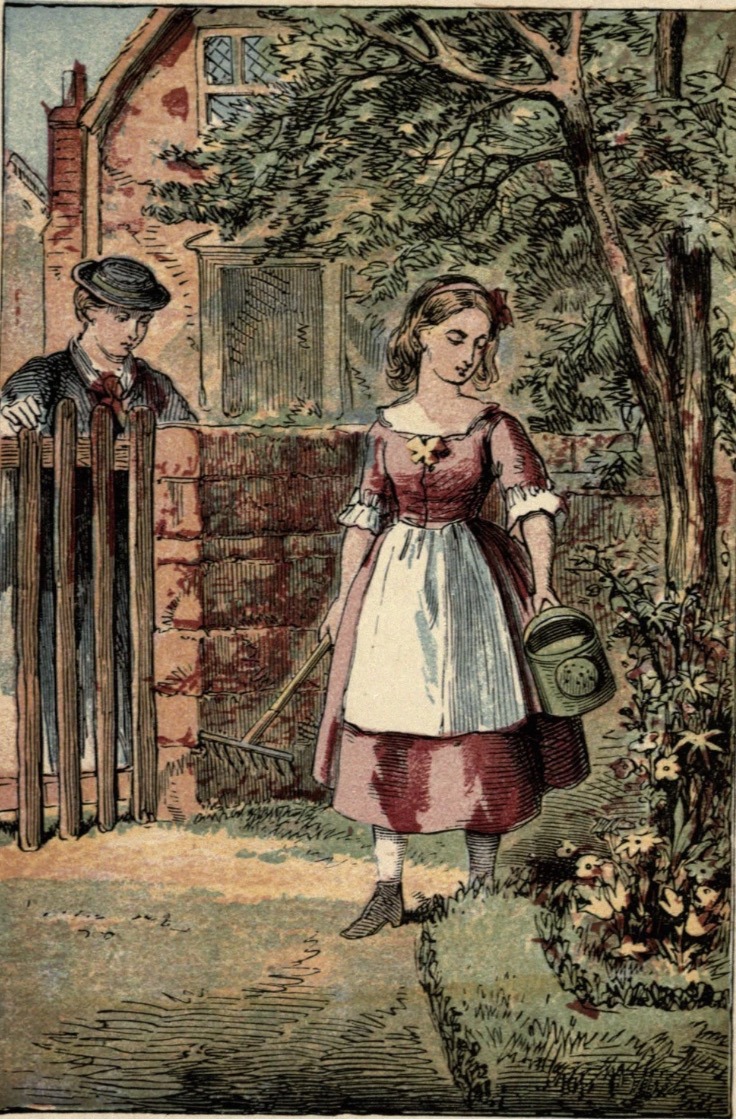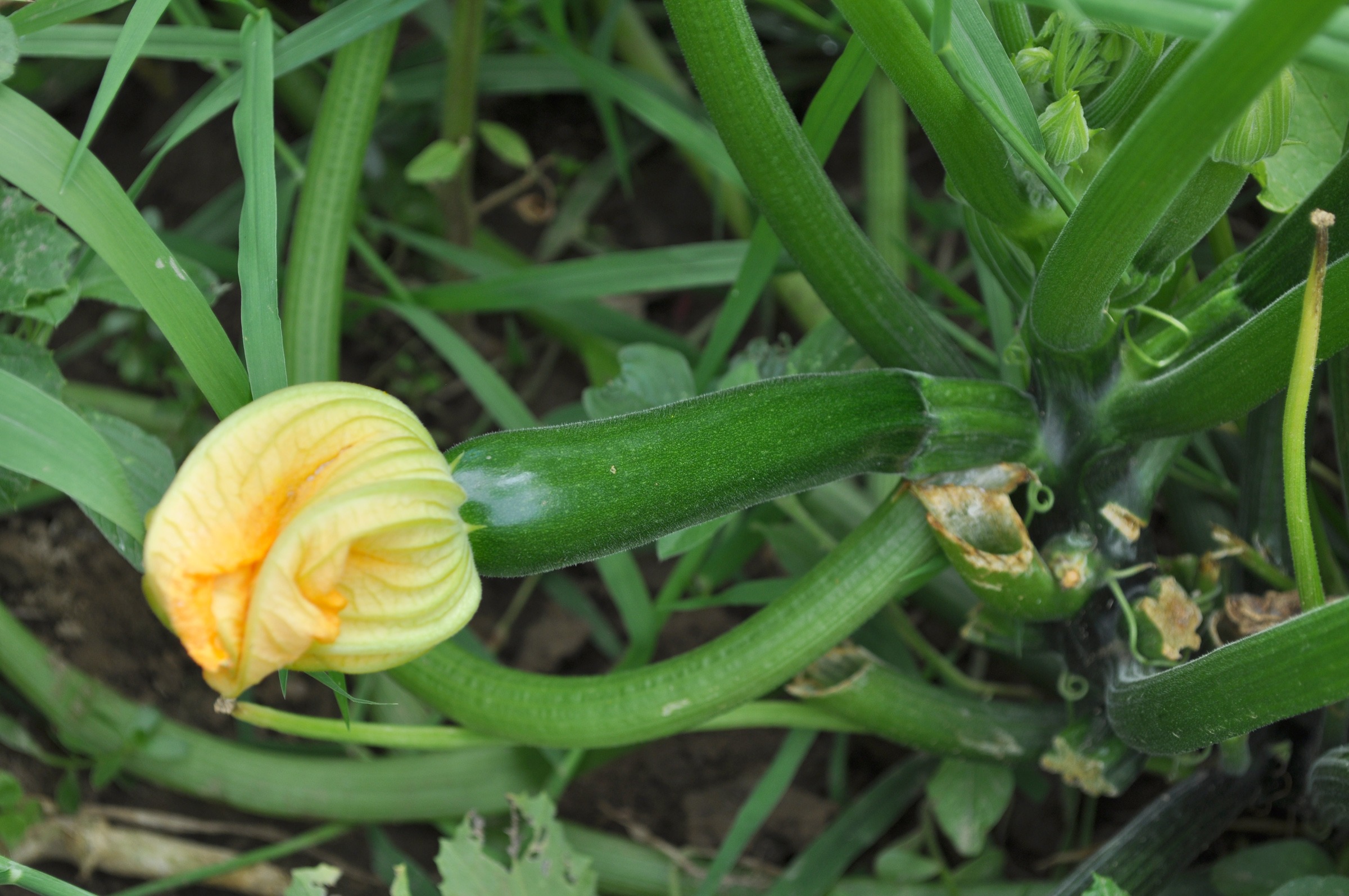HOW DID HER GARDEN GROW?
/2 Comments/in Flowers/by Lee ReichWhat are Silver Bells?
“Mary, Mary, quite contrary, how does your garden grow; With silver bells and cockleshells, all standing . . .” Wait a second here! With what? Silver bells and cockleshells? Has anyone besides Contrary Mary ever grown either of these plants? What are they?
A few people do grow Carolina (Halesia carolina) or two-wing silverbells (Halesia diptera). Both small trees are bedecked in spring with rosy or white flowers that hang from the branches like little bells.

Halesia diptera
I doubt that Mary was growing this plant, though, because she was British and silverbells are native to southeastern US. Not impossible, though, since silverbell trees were introduced into the UK in 1756, about the same time that the nursery ditty was first seen in print. Read more
WHAT’S UP WITH TOMATOES?
/8 Comments/in Pests, Vegetables/by Lee ReichHurry Up
I’ve been enjoying tasty nuggets of Sungold tomatoes for a few weeks, and hope very soon to finally settle back to enjoy an abundance of large, juicy, red or orange tomatoes, the varieties at their best sliced and sandwiched,along with congenial companions, between two slices of bread. Those large tomato fruits are late in ripening this year.
The problem, like lots of garden issues, can be blamed on the weather. Ideal temperatures for ripening tomatoes lie between 70 and 75 degrees F. Read more
DOES SIZE MATTER?
/0 Comments/in Vegetables/by Lee ReichNot Only for the Well-Heeled
Miniature vegetables are one size extreme that strikes the vegetable fancier’s imagination — witness all those bags of “mini” carrots lined up on market shelves. Those carrots are just one of many miniature vegetables you can grow yourself. 
According to Truman Capote, people once thought you could judge the rich by the vintage of their wine or the number of their homes, but what truly mattered was the size of their vegetables: they were tiny. Perhaps that’s still a measure of wealth. Read more




